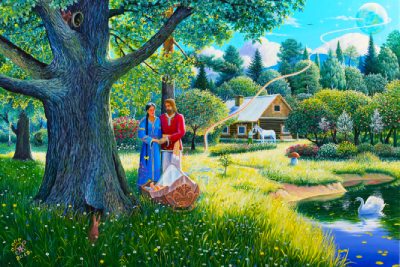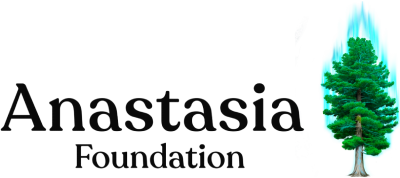“The degree of civilization of any given state needs to be judged on the basis of the number of happy, loving families living therein.”
What is the Motherland Party?
The Motherland Party is an idea for a political party introduced by Anastasia and her Grandfather in the Ringing Cedars of Russia series.
The need for the party is expressed by Anastasia in Book 4 of the series “Co-Creation” in this way:
“Our Motherland is extensive, but there is not a single hectare of your land where you can create a corner of Paradise for your children and descendants. And yet the time has now come when we must begin acting on this cause….
“We need at once to plan a law so that everyone may have his own parcel of ground, his own Motherland. Whether or not and to what degree the country flourishes as a state depends on this. And if there is no appropriate law at the moment, well, you will have to make one.
“If there is no party capable of enshrining into law everyone’s right to their Motherland, you will have to form such a party.”
[Vladimir Megre asks Anastasia:] “And who will set it up?”
“Those who will read about the home we are creating and become aware of what a Motherland means to each one, to each Man living today, and to the future of the whole Earth.”
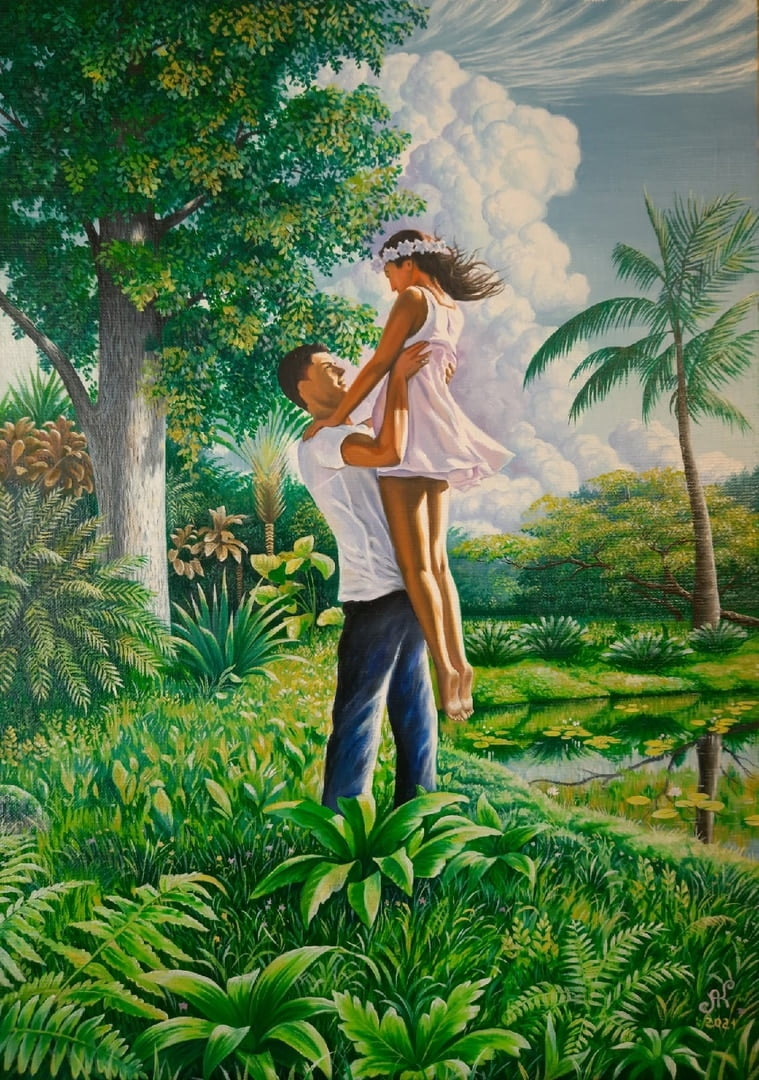
Problems the Motherland Party Solves
Lack of true and lasting love between couples and lack of happy families
“When the nation is comprised of a multitude of families giving birth to their children in love and creating a Space of Love, it will not suffer from lawlessness or inflation. Such a nation will have no need to fight against criminal tendencies; they will disappear from society.”
Aims and Ideals
The aims and ideals of the Motherland Party, as expressed in the Ringing Cedars books.
The question of finding one’s soulmate requires specific conditions to be set up, special events to be organized. The rites of Ancient Rus’ should be made public, and we need to get not only science but also culture and ideological propaganda involved in working out these questions. They need to be resolved on the state level.
The degree of civilization of any given state needs to be judged on the basis of the number of happy, loving families living therein.
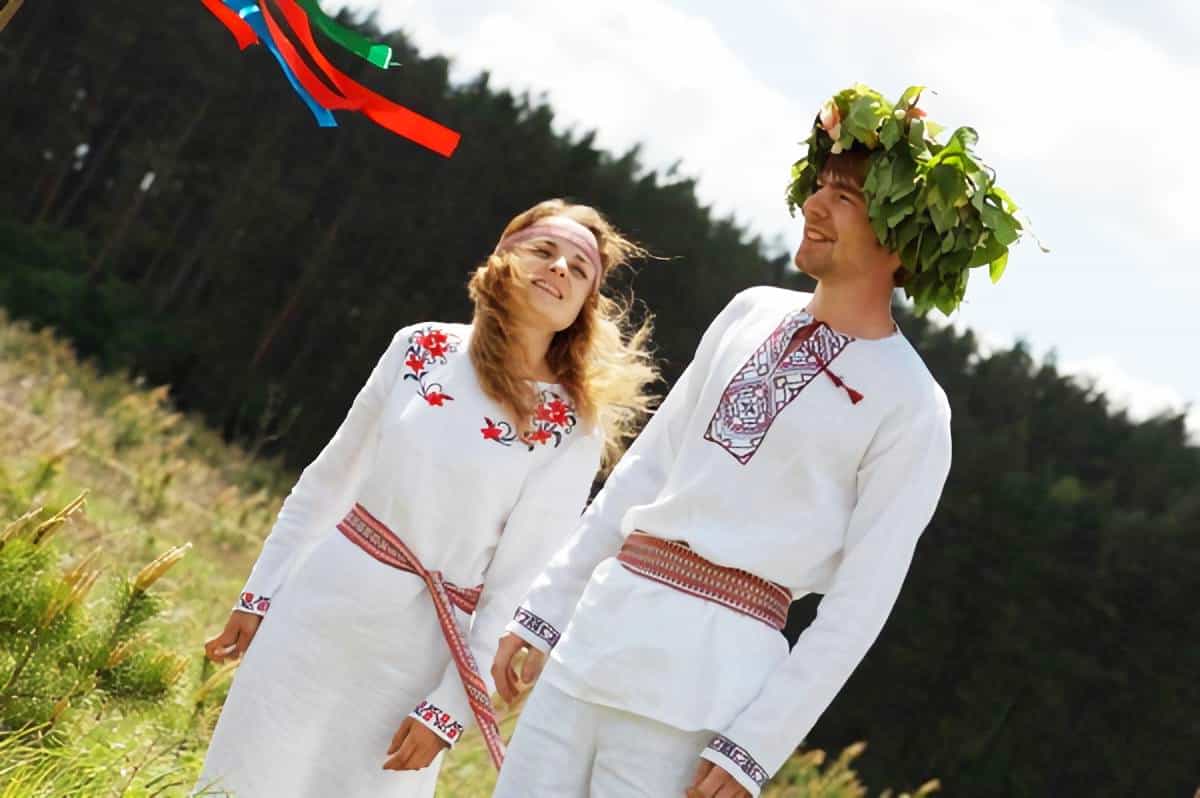
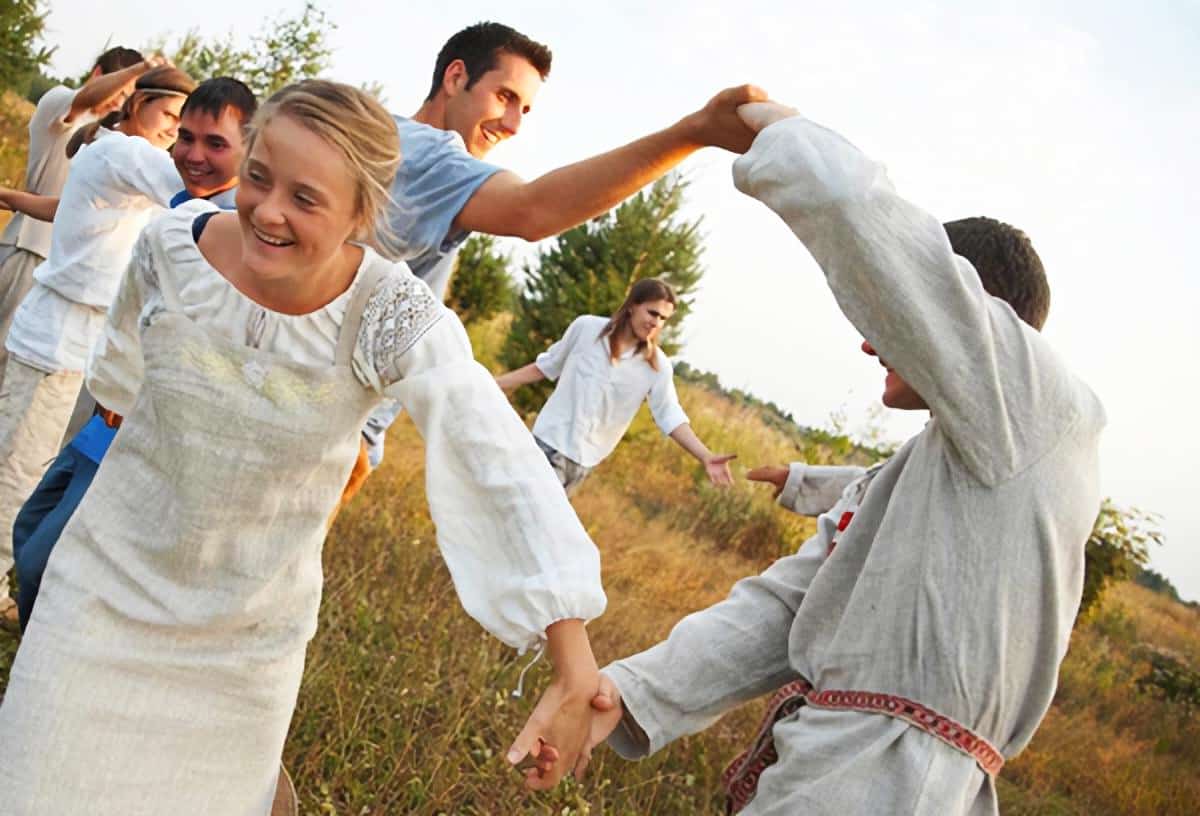
How the Motherland Party is structured and operates
– Anastasia’s Grandfather
Explaining the Veche [book publisher’s note]: “An ancient form of self-governance in which a circle of local residents collectively discussed and decided questions of importance by general consensus. In later times, the term veche was used to describe an assembly of freemen which served as a governing council in a number of cities of Western Russia from the tenth to the fourteenth centuries, even longer in the city of Novgorod (about 100km south of St Petersburg). Not unlike the Ting in Scandinavian (esp. Icelandic) communities, these latter assemblies had the power (among other things) to enact local legislation, appoint and dismiss princes, wage war and conclude treaties with other territories.”
From Brittanica: Although its power varied from city to city, the veche generally could accept or reject the prince who “inherited” the city and, by controlling the town’s militia, could veto a prince’s plans for a military campaign.
In Novgorod, where the veche acquired its greatest power, it was able to choose the city’s prince, to enter into a contract with him that specifically defined and limited his powers, and to dismiss him. It also elected the major military and civil officials subordinate to the prince. In most areas the veche ruled both a city and its dependent villages; the heads of families in the entire region were entitled to participate in its sessions, which could be convoked by the prince, the town officials, or the citizenry. (Usually only the townsmen attended the meetings and the veche thus became a representative of urban interests.) The veche met irregularly; it had no formal procedural rules, and decisions were reached when one side gave up.
From Encyclopedia.com: The veche also chose the archbishop, and the heads of the major monasteries. It also tried cases, ratified treaties, and addressed other public matters.
“God gave each and everyone equal authority. Consequently, the only social structure that can claim perfection is one where there is no centralized authority — where every individual is endowed with equal power.”
“Why do they [party members] need to come together? Just turn all the modern inventions at your disposal to a good purpose. Use any kind of communications link — the computer, for example.”
“From this day forward I also constitute my own Motherland Party.”
Why go on and on about it? It’s time for each of us to take action.”

